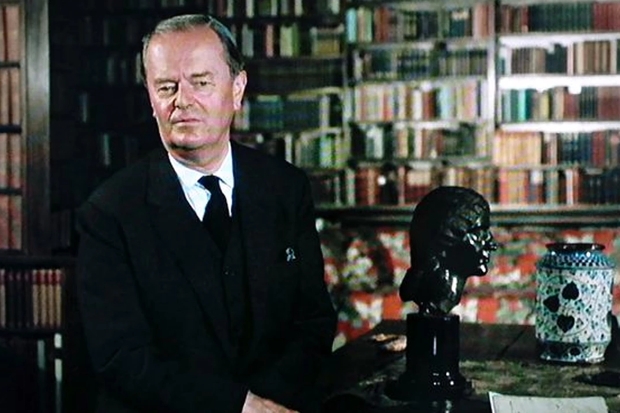Watching the increasingly bleak and depressing Peep Show the other night I was pleased to note that my on-screen alter ego Mark Corrigan is a big fan of Kenneth Clark’s Civilisation, which is I think my all-time favourite documentary. To me Civilisation, and the then controller of BBC2 who commissioned it, David Attenborough, represent what the BBC should be, and is at its best: a strangely Freudian father figure to the nation, erudite, intelligent, open-minded and very British.
The BBC was a product of a strong national culture, but it also helped to further cement it, making events like the Proms or FA Cup final part of our collective experience. When people my age move away from Britain it’s things like the Grandstand soundtrack that really prove evocative in reminding them of home.
Yet the world in which Lord Reith established the BBC has gone, and so it is harder to justify the expense and domination of a corporation that now reflects the values and concerns of a relatively smallish group of the population.
The fact that the Beeb is attacked by everyone, whether it’s the left or right, Scots or English, reflects the fact that we have become a far more diverse country, and that most people no longer share much in common with that elite. It does not help that the elite is itself anti-elitist, and no longer culturally confident enough to produce something like Civilisation. (I’d like to do a follow-up to the series, charting art and culture since 1968, called Decadence, which ends with me standing inside Notre Dame cathedral and blowing my brains out.)
No commercial station could ever provide what the BBC does, and so I can never get out of my head the idea that it is a national treasure. However it has become a victim of the contradiction at the heart of established liberal-left politics – the clash between solidarity and diversity.
Like the NHS, the Beeb is a product of a fairly close-knit nation that saw itself as a grand family, where people were prepared to contribute a fair amount of their money to public services, and one where most people felt common values with those in a position of power. Yet in a diverse world in which cultures and sub-cultures multiply, inside and across borders, the sort of social solidarity needed for a state-run broadcast monopoly looks as antiquated as ration cards. The Uber/Netflix generation won’t stand for it – but to me it’s still a national treasure, the voice of Attenborough and co. telling me that, deep down, British is best.
Join us for a Spectator debate on 18 November at Church House, Westminster – Is the BBC really a national treasure? Speakers include Melvyn Bragg and James Purnell, director of strategy and digital at the BBC. Chaired by Andrew Neil. Click here for more information and to book tickets.








Comments